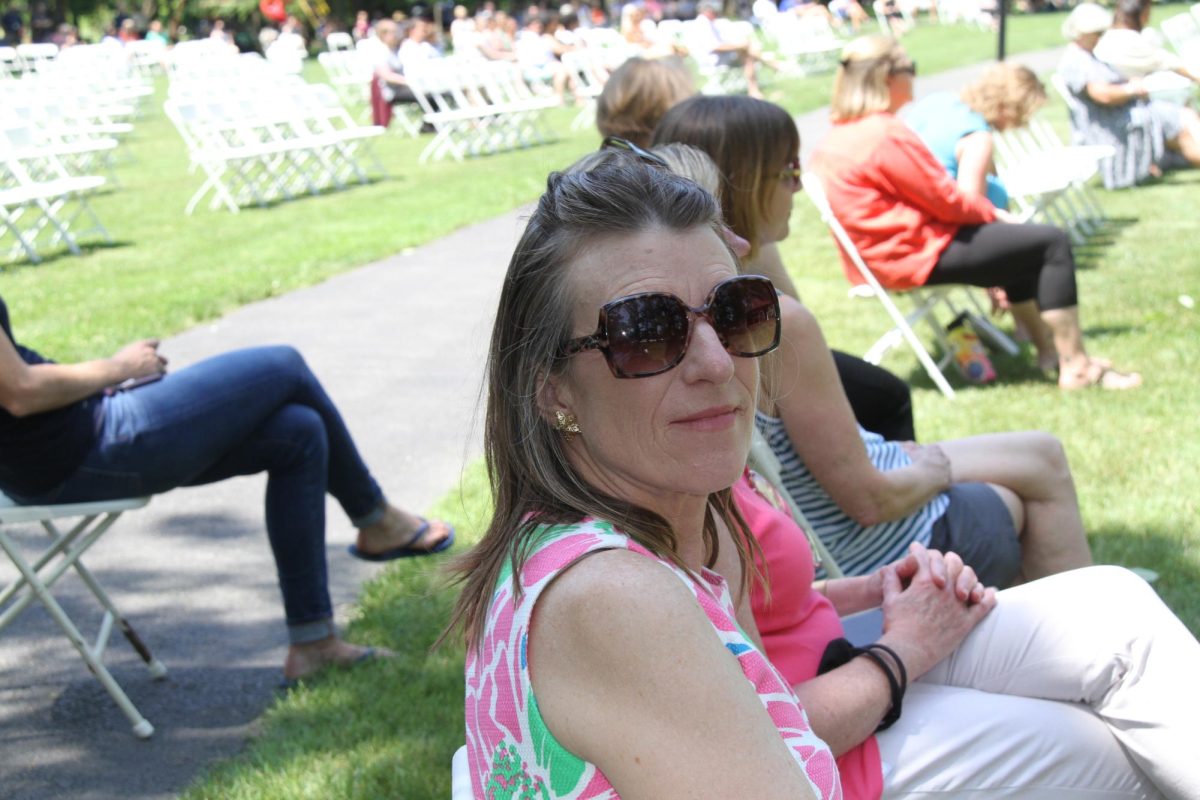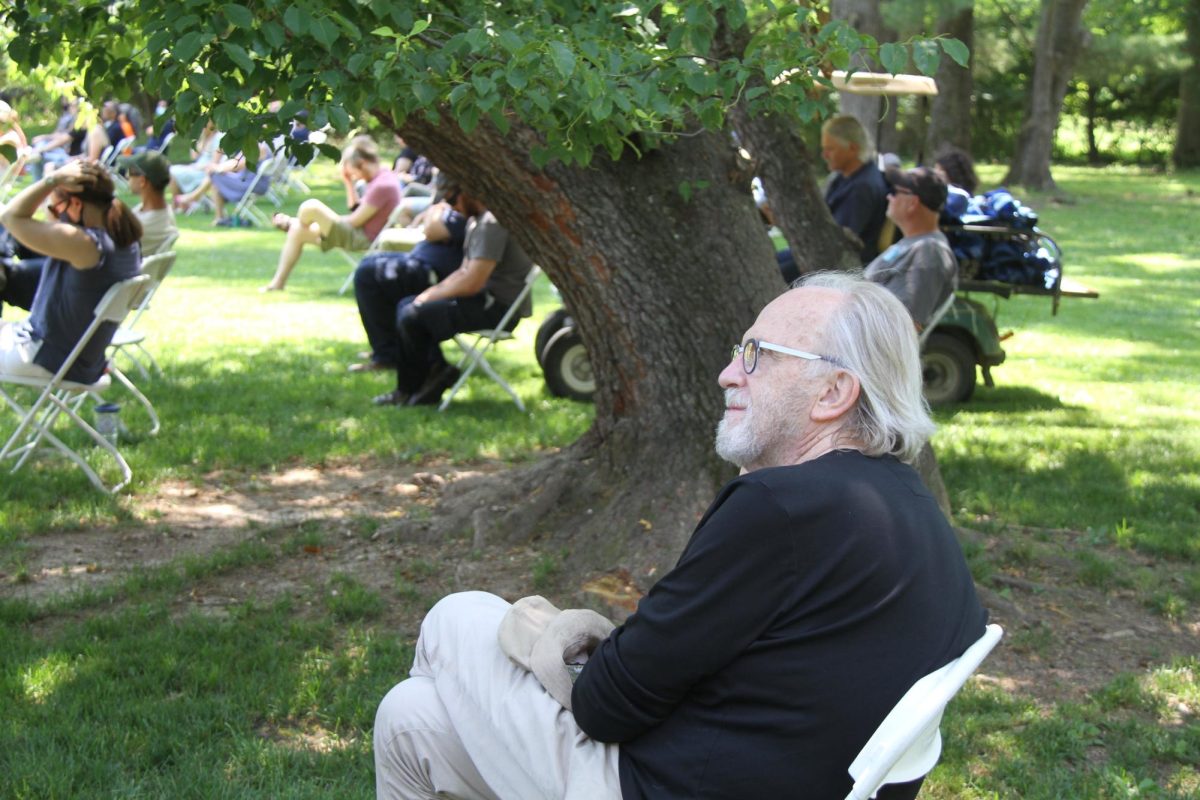To AP or not to AP?
May 24, 2016
The annual maelstrom of furious preparation, worry, and anticipation hit many students as they neared what they had been getting ready for all year long: the Advanced Placement exams. PDS, like many schools, provides entire courses dedicated to teaching students the material necessary to get through these tests, which are considered to be signs of academic proficiency available in high school. The rueful student at this point may find himself thinking: Why did I have to toil away for a year in class to do well on this test? Why did I ever sign up for this course?
One of the areas which stands to be affected most by any eventual verdict on AP’s is the History Department. Apparently, some teachers there feel that AP courses are not all they are made out to be. History teacher Sam Hunt, who arrived this year from the Dalton School, said, “Until PDS, I’ve never taught at a school where AP’s were a big part of the history curriculum, and my feeling, as a history teacher who has created and taught a number of my own original history elective courses, is that the AP’s don’t allow a department to take advantage of the interests and educational backgrounds and creativity of the faculty because the AP is, in essence, a class that is teaching students to prepare for a test.”
This is certainly one standpoint, but it is by no means the only one in our community. If it were, we would hear a change of policy within the week! AP courses are still valued by many, especially in a country where college admissions are so competitive.
PDS history teacher Eamon Downey has taught a few AP courses over the course of his long tenure here and has formed his own opinion of them. In some ways, he looks upon them favorably, saying, “I personally think the curriculum in AP programs is very worthy, the Comparative Government course especially … the idea of studying these six countries and in the process touching many peripherals which help you learn more about the international scene.” He still, however, has some concerns, particularly with regard to AP European History. The College Board has “pressurized the courses so much, they have the new revised model for it, and the material is very dense,” he added. In connection with Mr. Hunt’s idea of introducing teacher-crafted electives as course offerings, he said, “I would be very happy in a world where I could teach European History, and perhaps teach it with a different spin, more thematically, so you might have time to do more projects and things of interest. Right now, I feel given the current curriculum and the timing of the exam we are rushing the AP Euro a little bit.”
It seems that the relative benefits and costs of adhering strictly to the College Board curriculum depends on the course. Courses with less compacted information such as AP Comparative Government are, according to Mr. Downey, almost in the mold of a proprietary elective in terms of flexibility on the part of instructors, except for instances in which he might have substituted a country or two if he could have. The obstacle to leaving behind the strict adherence to a standardized curriculum and embracing a more varied approach lies in the fear of what might happen to students’ chances for admission to selective colleges.
The two aforementioned teachers both remarked that being admitted to prestigious universities is not dependent on the number of AP classes taken or the scores attained on those tests, as more and more colleges are starting to deemphasize the importance of a certain number of Advanced Placement courses under one’s belt. In fact, Mr. Hunt pointed out that, from his experience, creative electives such as the African Studies courses he has taught, showed passion and uniqueness in students, which he said may have played a large role in their admission to highly selective universities, who claim to look for students who challenged themselves as much as possible in their framework of education. While some AP’s do fall into this category, there is good reason that a very rigorous honors course or an original elective should be every bit as challenging as these more standardized courses, if not more so. Institutions of higher learning, especially those expected to place such high value on AP courses, assure us that they will acknowledge this fact.
As the ordeal of the Advanced Placement Exams recently came upon us once again, it is time to reflect on the place of these curricula within our community, and whether it is truly worth teaching them. This debate will continue, and it seems that perhaps another year’s worth of students will undertake these classes.The consensus is seemingly shifting towards the idea that AP’s could be substituted without a problem and sometimes even benefits. In the event AP’s disappear from our curriculum, there will be a profound shift in the Princeton Day School student’s experience for years to come.





